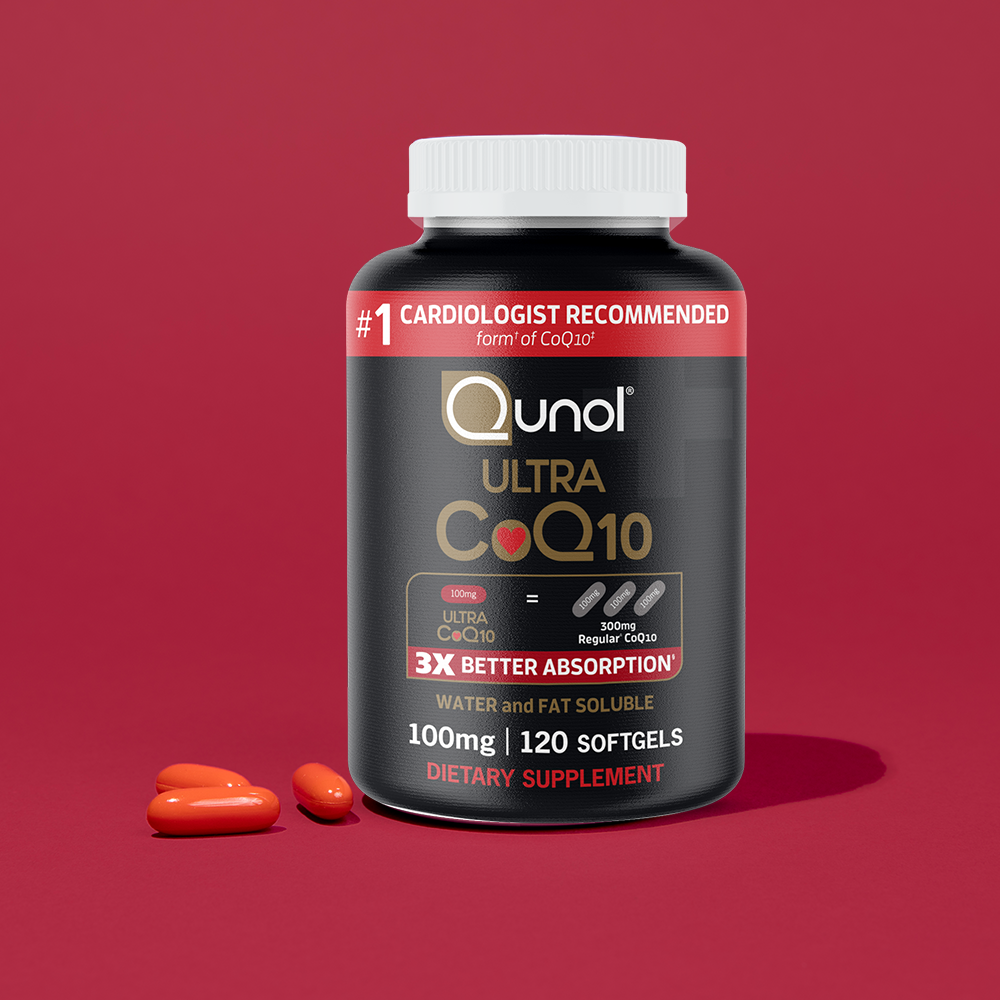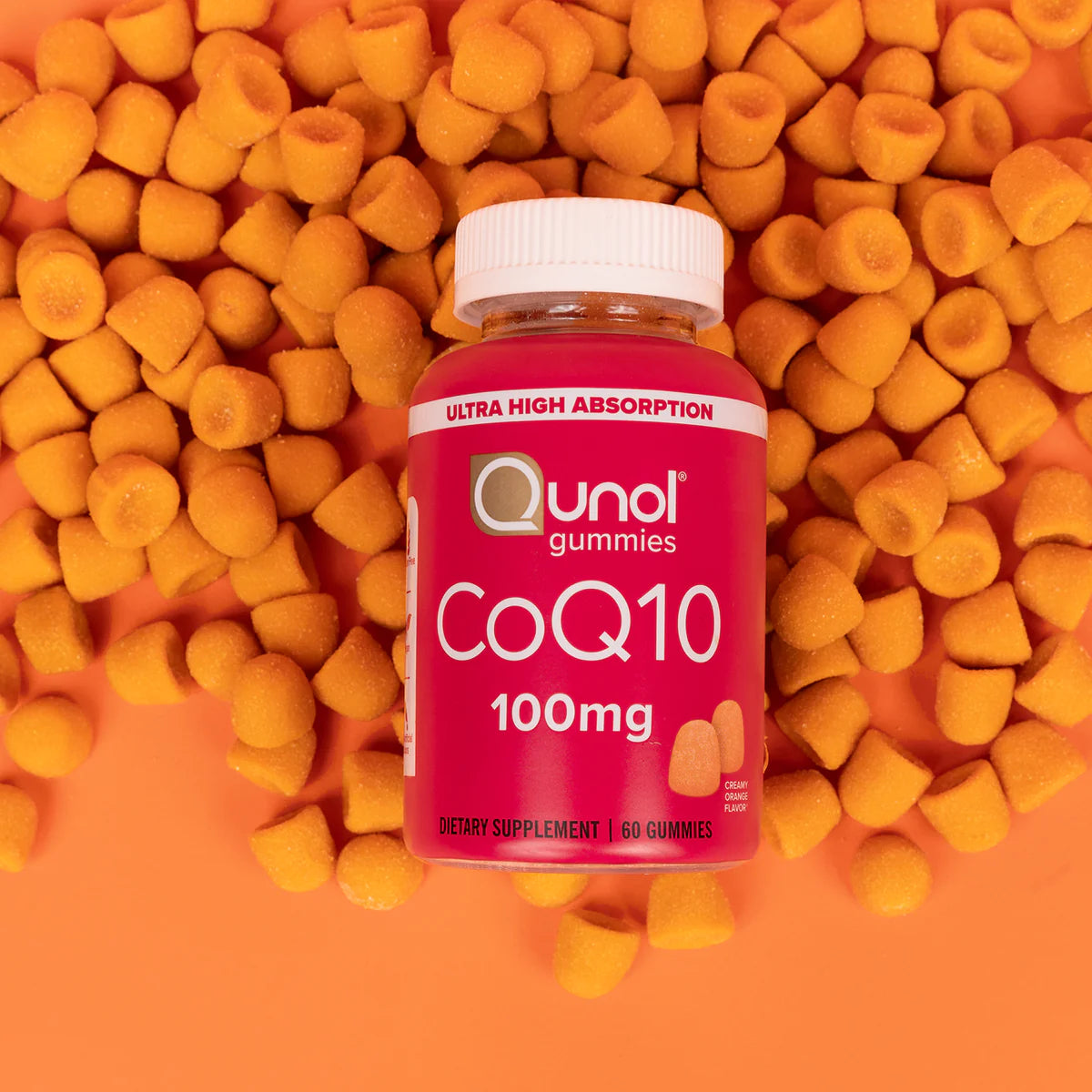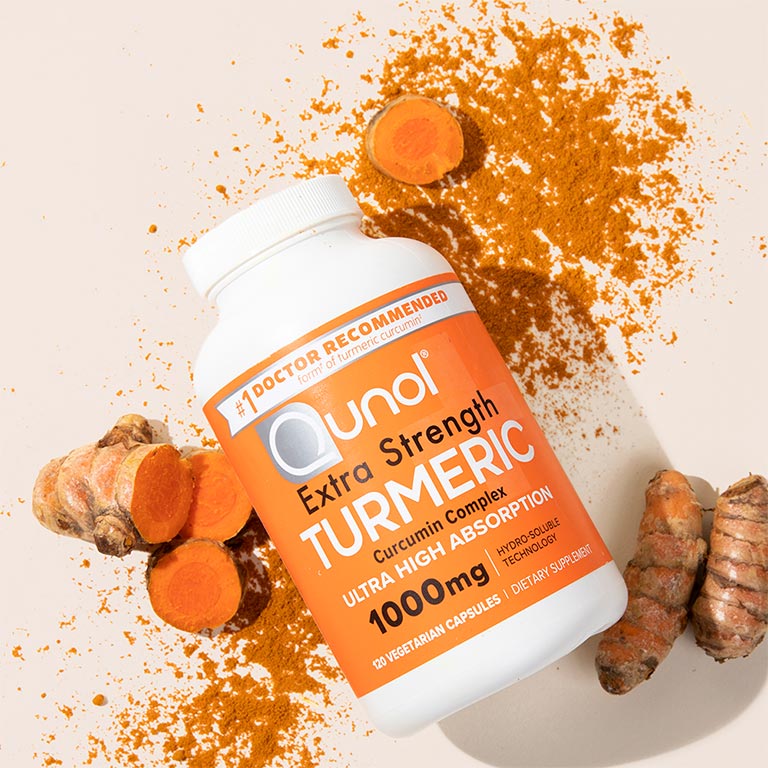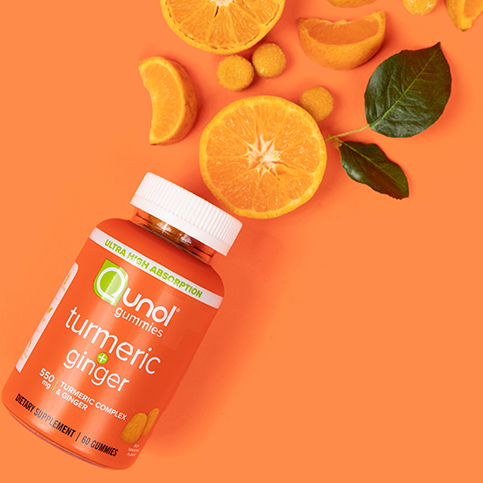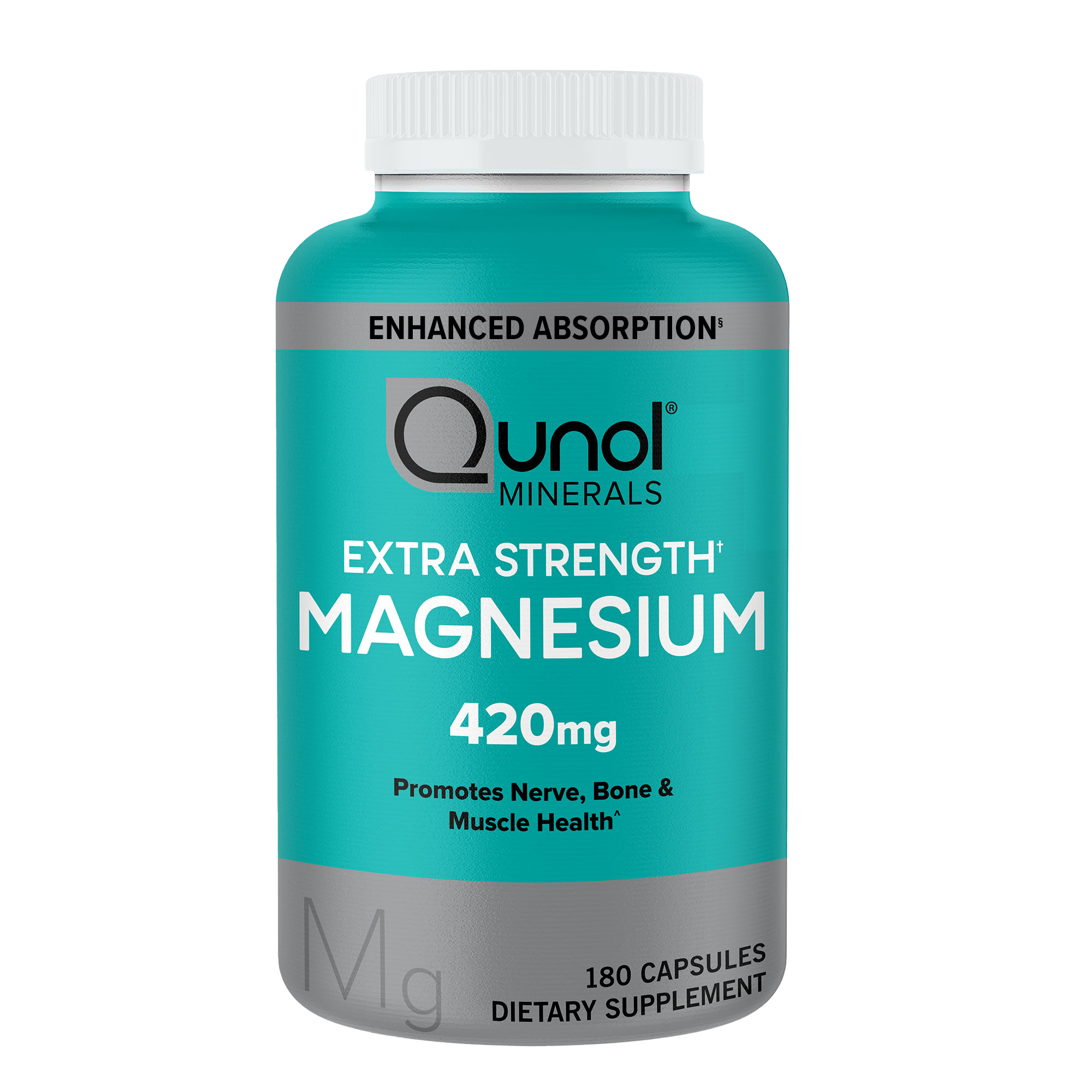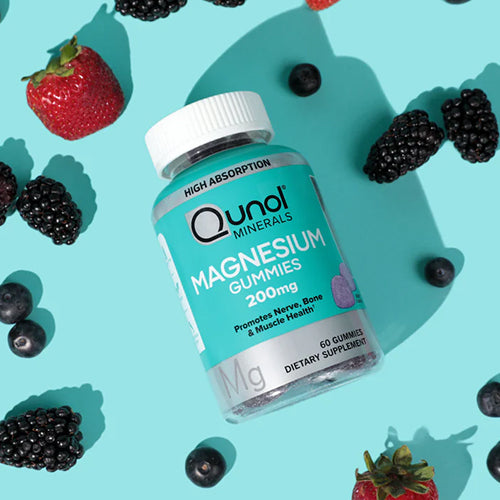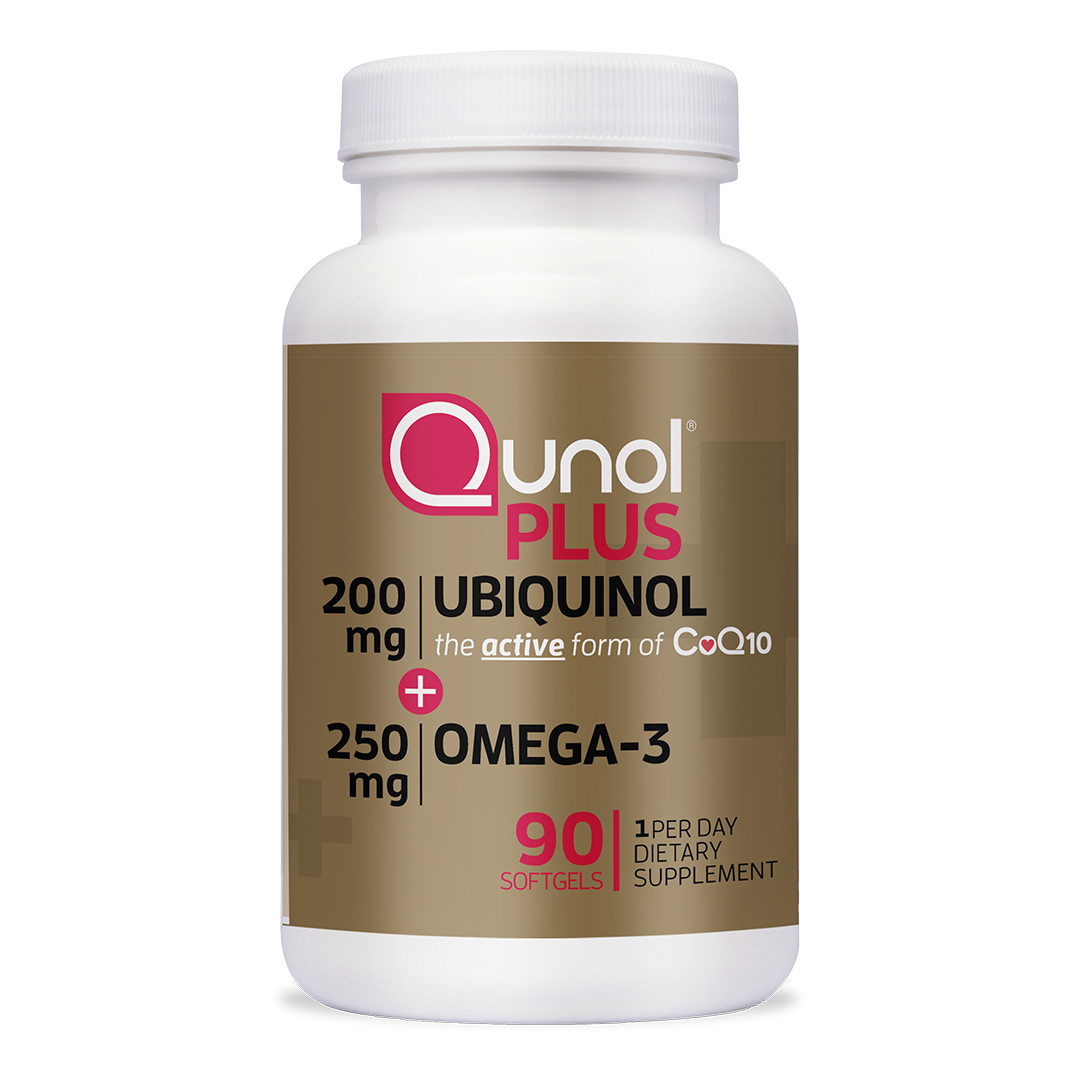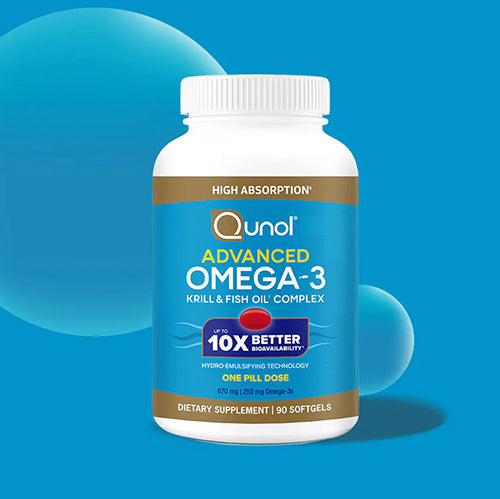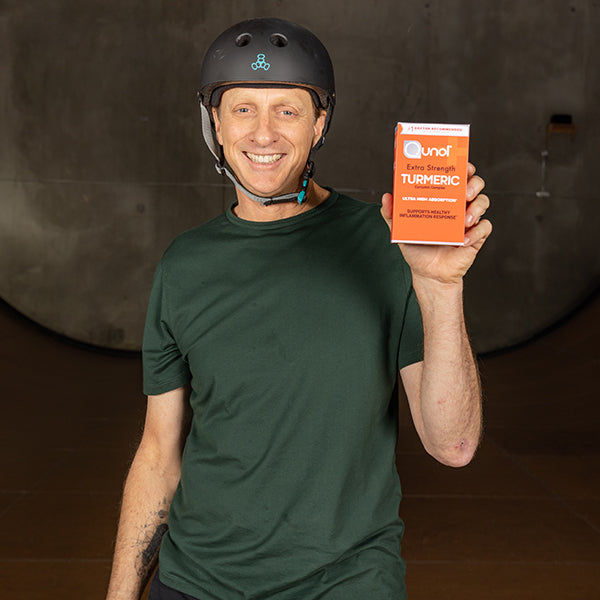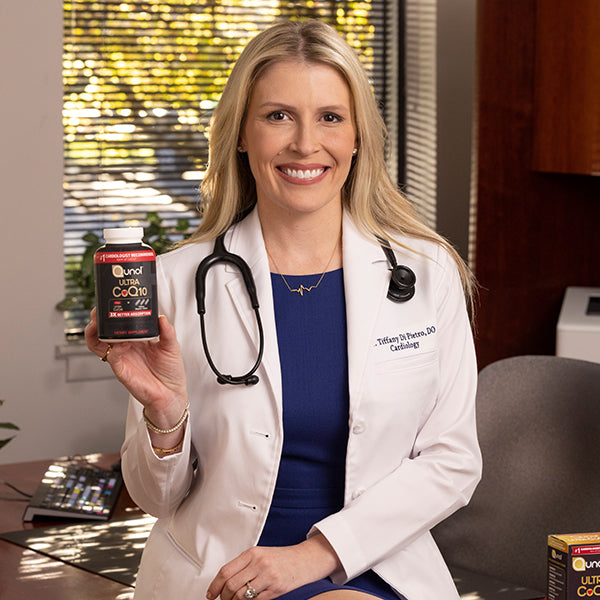
Following your doctor prescribed cholesterol lowering regimen that may include eating healthy, exercising regularly, and taking cholesterol medication such as statins can help keep your cholesterol in check.
However, it’s a bit of a double-edged sword. While statins help to keep your cholesterol levels under control, they can also deplete your body of essential compounds and chemicals that keep the body running smoothly.
More importantly, if you have high cholesterol and are currently taking statin medication, you run the risk of significantly lowering your normal CoQ10 levels, something that could compromise your normal body functions.
What is CoQ10?
The term may look like something off the molecular chart from your high school science class, but coenzyme Q10 is the only name we have to describe this essential antioxidant.
What does it actually do, though?
You could say that CoQ10 is a bright spark in the tinder box, as it gets everything fired up. From vital organs to muscles, you’ll find CoQ10 in every cell (did you know that the highest concentrations can be found in your heart, liver and kidneys?), balancing electrons, producing energy and fighting off free radicals. It’s the life of the party! In essence, it’s an energy-producing coenzyme that keeps your engine running on all cylinders.
The Power Plant of Every Living Cell
It’s hard to imagine our cells busy at work, rushing through our bloodstream to every organ and muscle in the body, repairing, building, and fighting off intruders. It’s a beehive of industry and this requires a lot of energy. This energy is produced by a complex series of biochemical reactions that results in the production of Adenosine triphosphate (ATP), which is the energy currency of the cell. CoQ10 is essential to this process due to its electron transfer characteristics and is in fact a vital factor for 95% of the overall energy production at the cellular level.
Thanks to CoQ10, this energy breathes life into your body and keeps it functioning optimally. However, when you’re taking statins, CoQ10 levels are significantly lowered.
What Happens When There’s a Shortage of CoQ10?
As you get older, CoQ10 levels naturally decline and researchers have identified CoQ10 deficiency as a contributing factor to many health conditions. CoQ10 is often recommended by general practitioners and cardiologists alike as a dietary supplement to help assure adequate levels of this coenzyme, especially if you’ve been prescribed statins. It has also proven to be an effective after-care supplement for heart failure, heart surgery, and chemotherapy.
CoQ10 is found in a bunch of foods like meat, fish, and whole grains. In a healthy, balanced diet, it should be in adequate supply.
Your organs require huge amounts of CoQ10 to carry out their daily functions. So you can understand how vital this antioxidant is to ensure their health.
Is CoQ10 Good for Muscle Pain Caused by Statins?
CoQ10 is in hot demand by the body, as its role is critical in maintaining the overall health of your body. Your organs rely on it, and so too do your muscles. In fact, they can't function without it.
During any given day, your muscle fibers break down and rebuild in order to get stronger. It’s a bit like housekeeping. Old muscle cells are swept away, with the arrival of fresh cells that are brimming with life.
Deep inside these muscle fibers, you’ll find CoQ10 delivering fresh energy stores to cells in need, as well as warding off intruders. But when levels of CoQ10 are compromised by statins, proper muscle function can be impaired, and the whole process begins to collapse. The result is muscle pain and joint stiffness – one of the common side effects of statins. Muscle soreness can seriously affect your mobility, not to mention, your quality of life. It also increases your risk of falling, as it leaves you unsteady on your feet.
According to a study published in the American Journal of Cardiology, CoQ10 can help alleviate muscle pain and joint discomfort brought on by statin drugs:
“Results suggest that coenzyme Q10 supplementation may decrease muscle pain associated with statin treatment. Thus, coenzyme Q10 supplementation may offer an alternative to stopping treatment with these vital drugs” – American Journal of Cardiology
Not only is CoQ10 essential in maintaining heart and organ health, it is also instrumental in the proper functioning of your muscles. And one of the secrets to longevity and quality of life is strong muscles.
CoQ10 And Statins – It Makes Sense to Supplement with CoQ10
This vital coenzyme is so essential to the body that you’ll notice immediately if you’re in short supply. Because statins can rob your body of this vital component, it makes sense to supplement your diet with CoQ10. There’s also the added health benefit of its anti-aging, antioxidant properties that help to prevent free radicals from damaging your tissues.
Talk to your doctor to see if CoQ10 is right for you, especially if you’re currently taking statins. It’ll make all the difference to your quality of life.
Shop for Qunol CoQ10 supplements or contact us with any questions about statins and CoQ10.
COQ10 SOURCES & REFERENCES
Coenzyme Q10 (CoQ10) : In Depth; National Center for Complementary and Integrative Health
https://nccih.nih.gov/health/supplements/coq10
CoQ10 and Statins: What You Need To Know : Healthline
http://www.healthline.com/health/coq10-and-statins#Overview1
CoEnzyme Q10, An Overview : Web MD
http://www.webmd.com/heart-disease/heart-failure/tc/coenzyme-q10-topic-overview
Effect of coenzyme q10 on myopathic symptoms in patients treated with statins:

